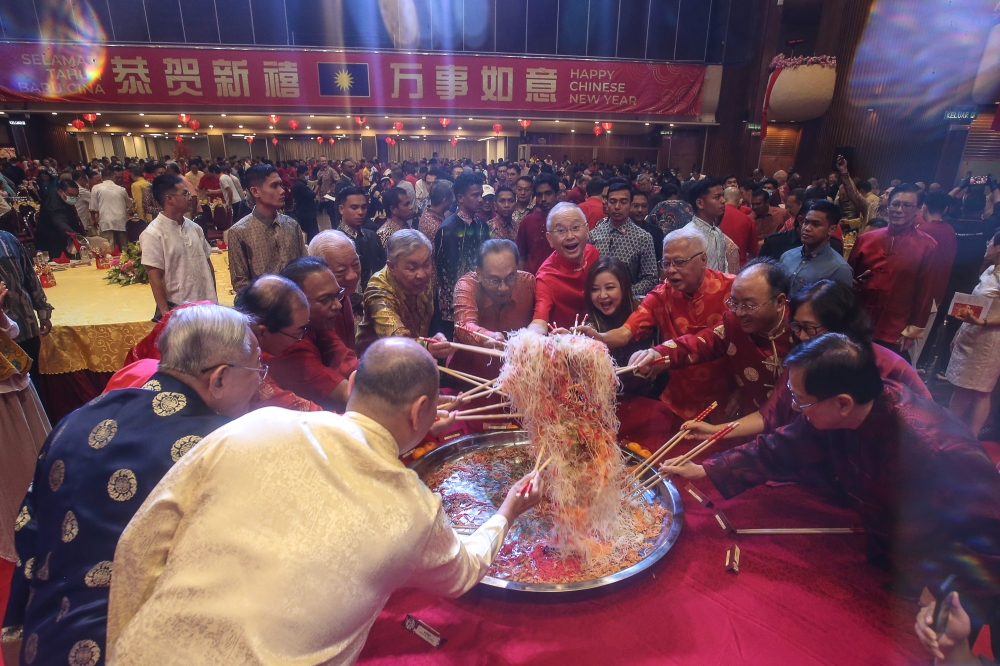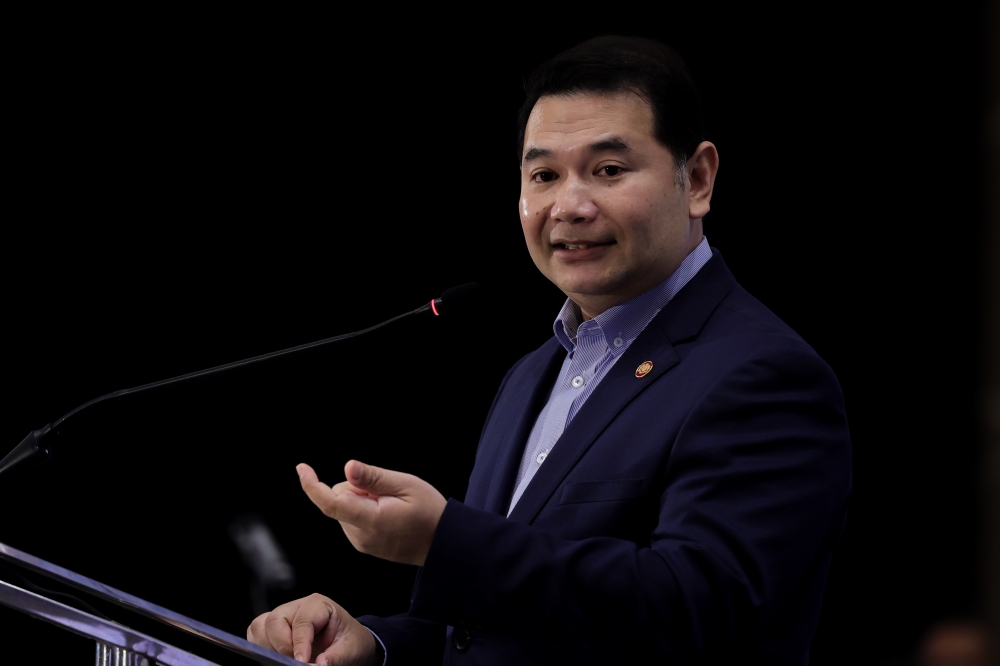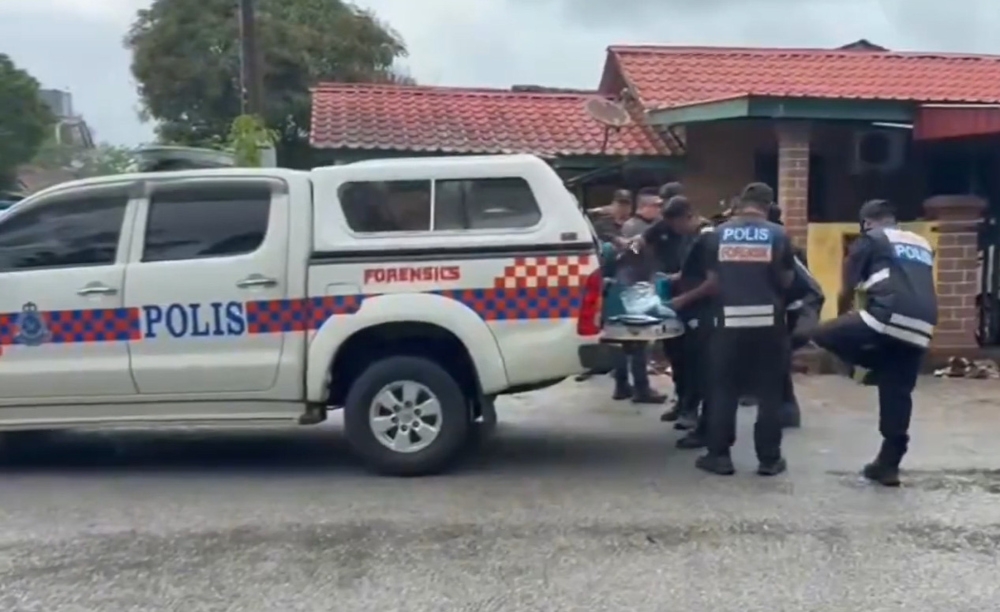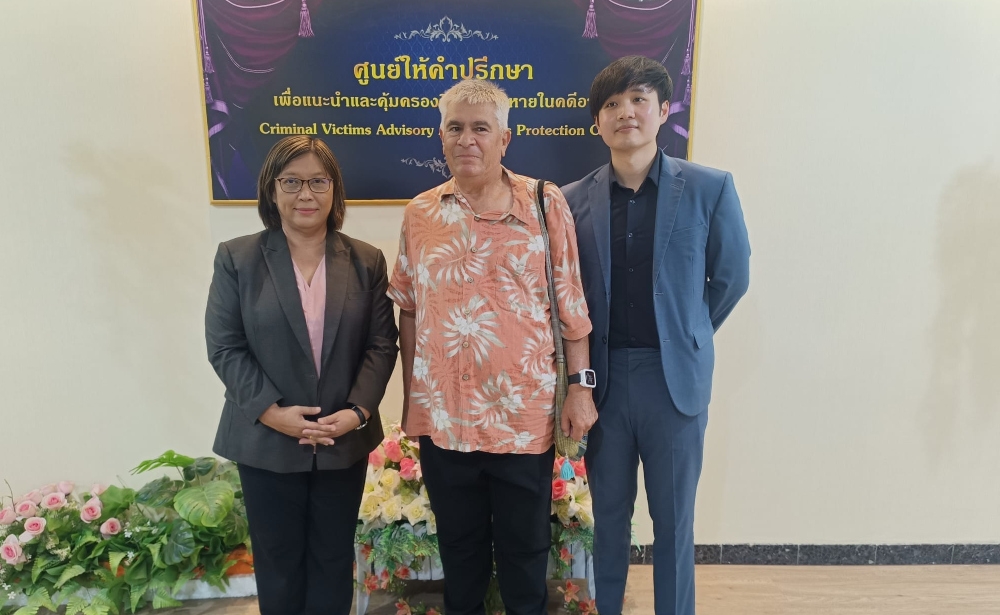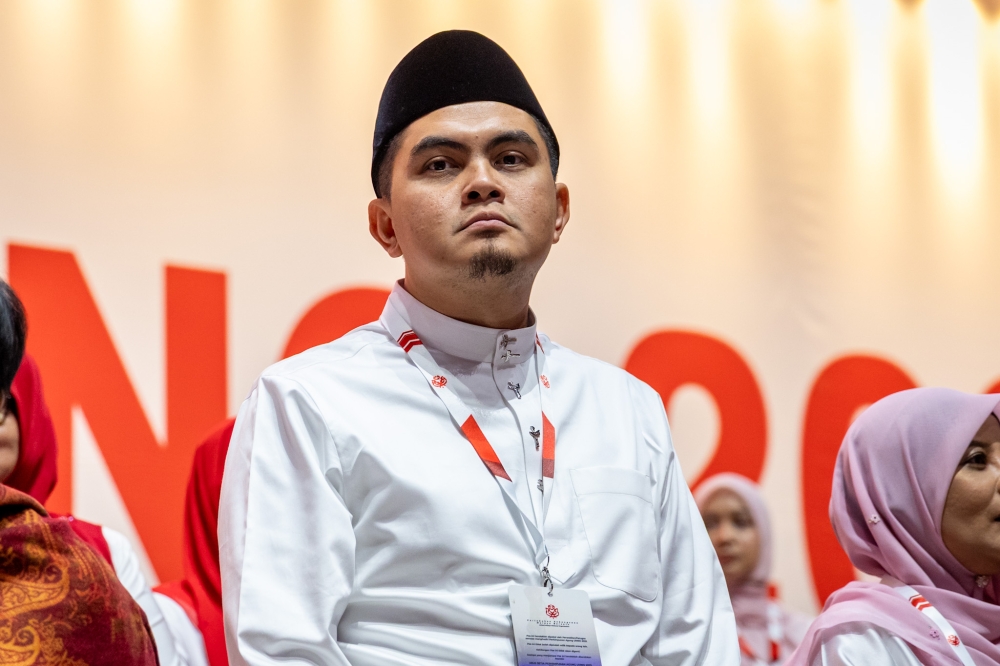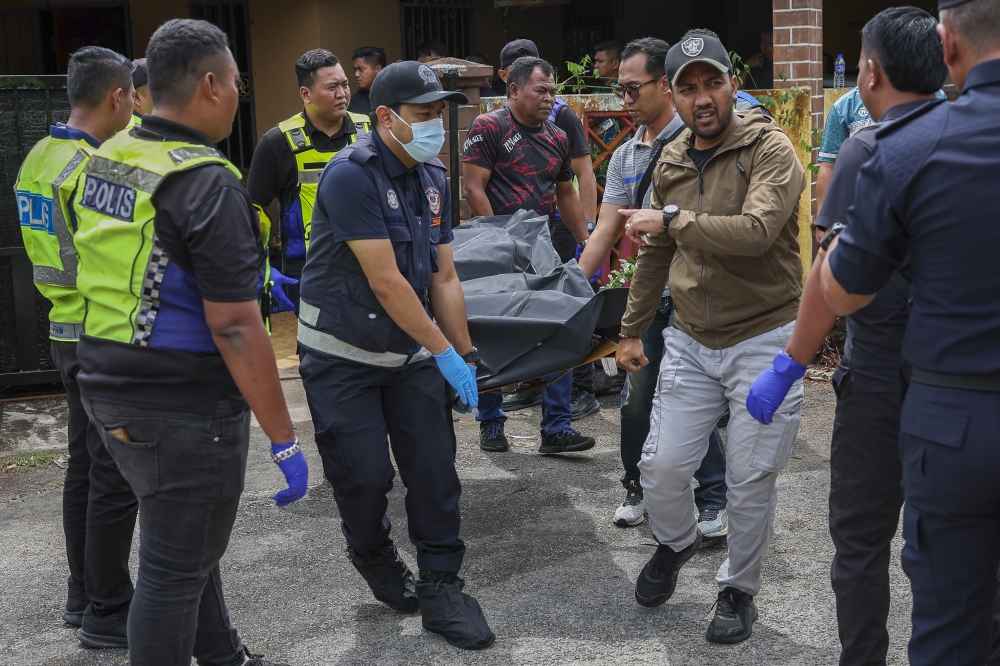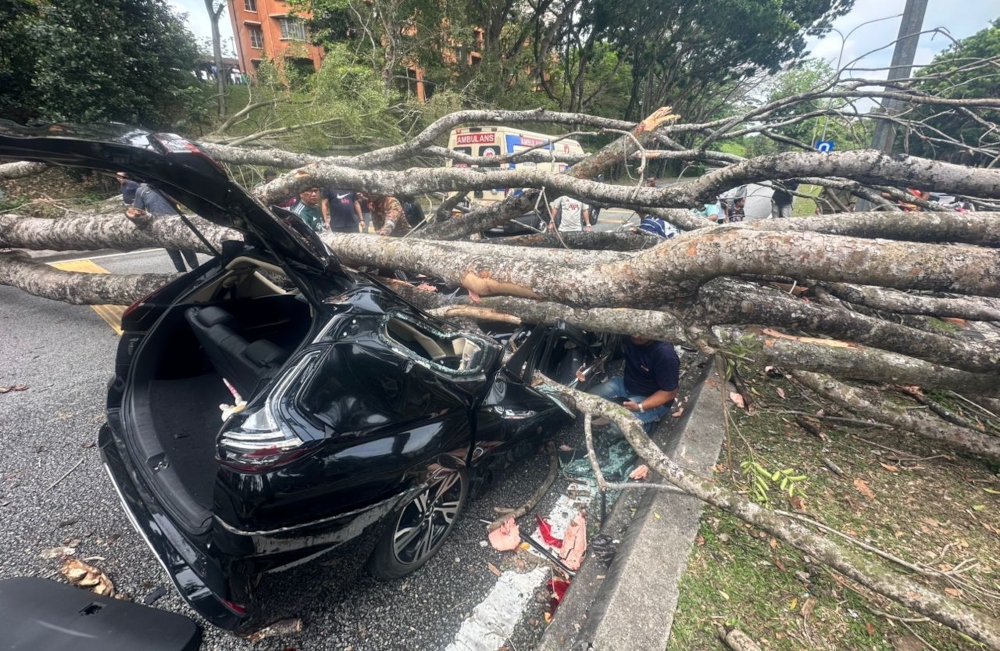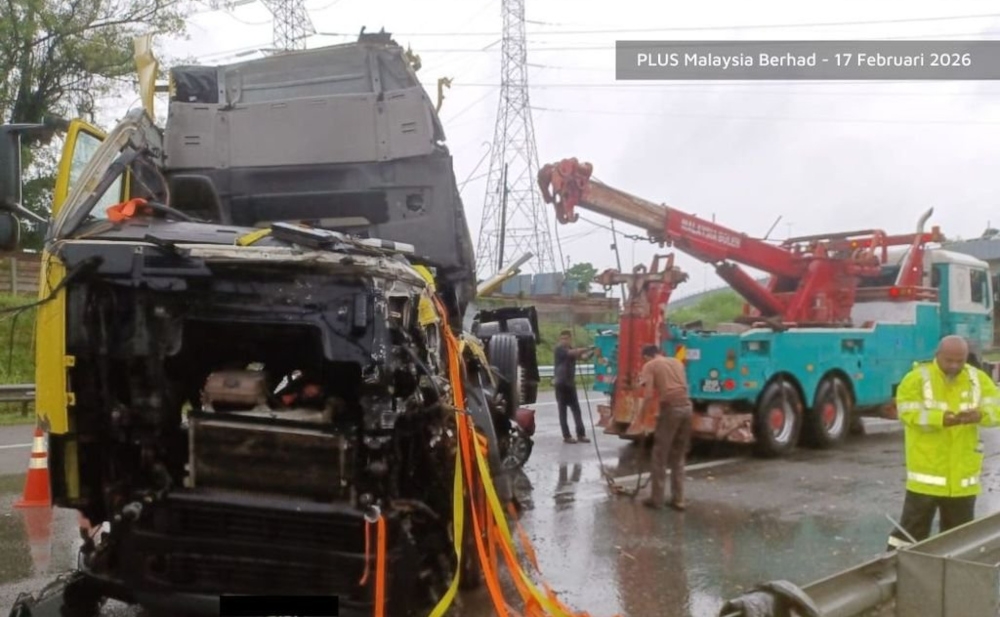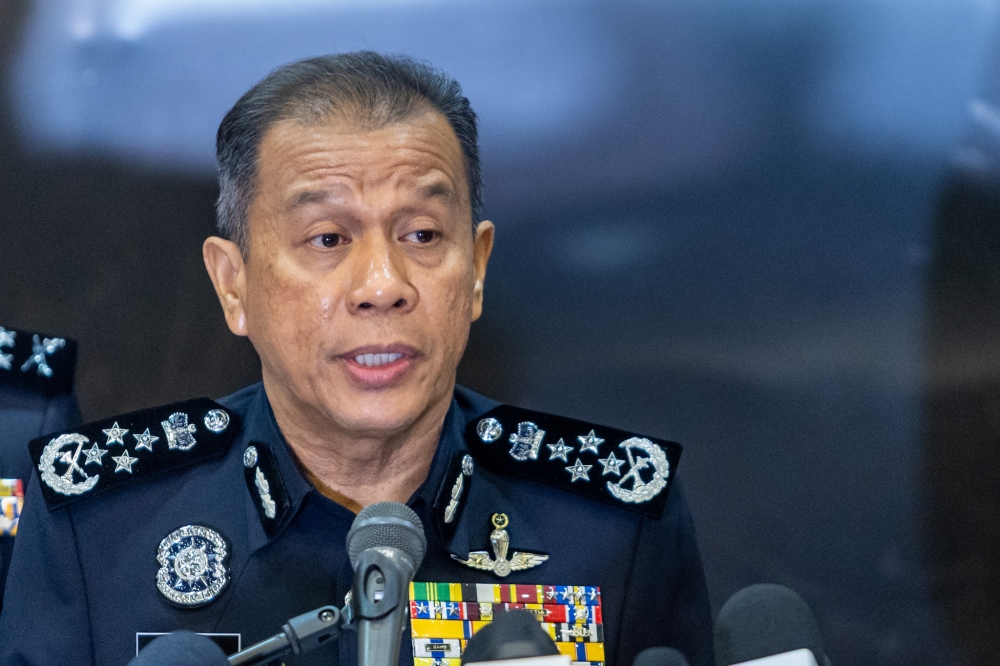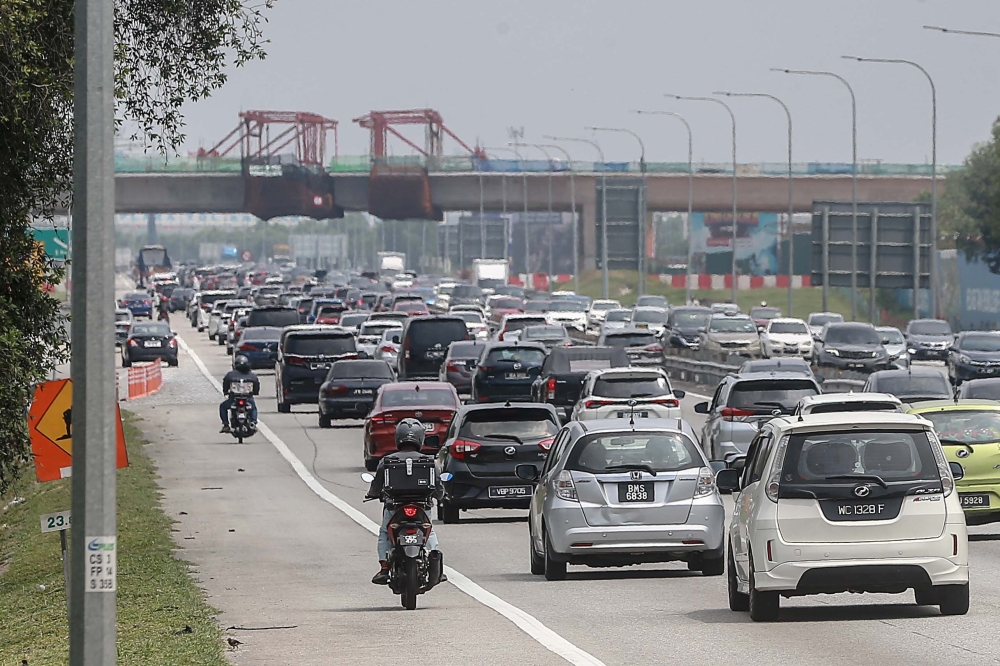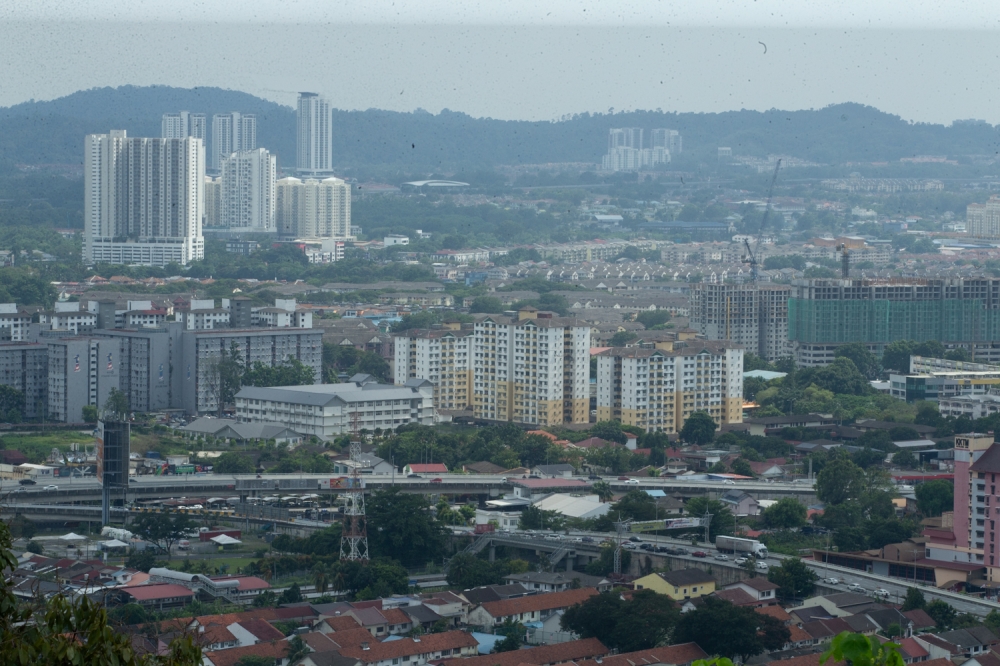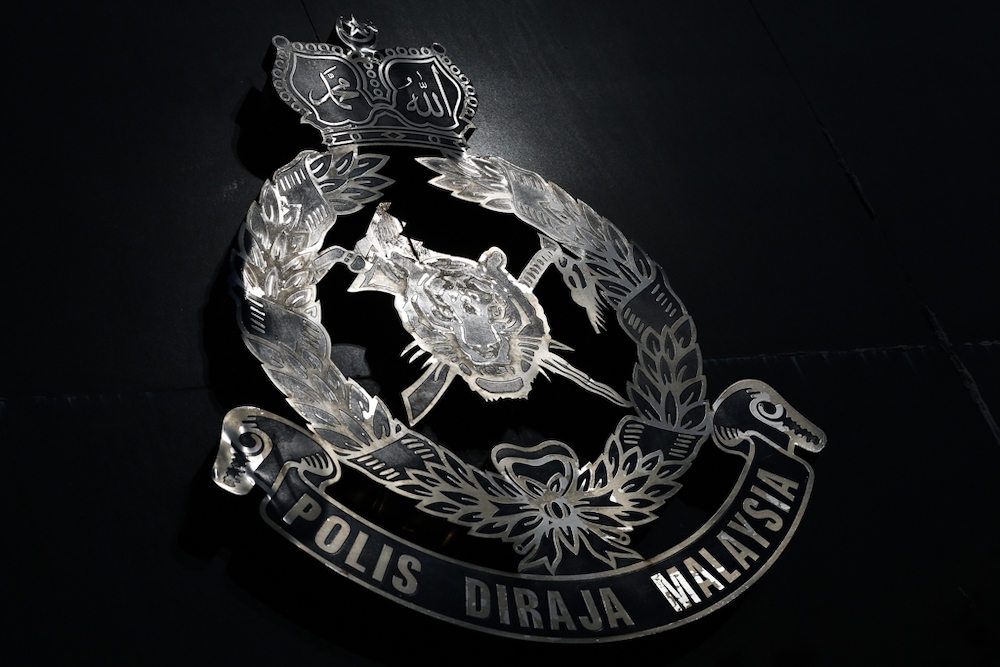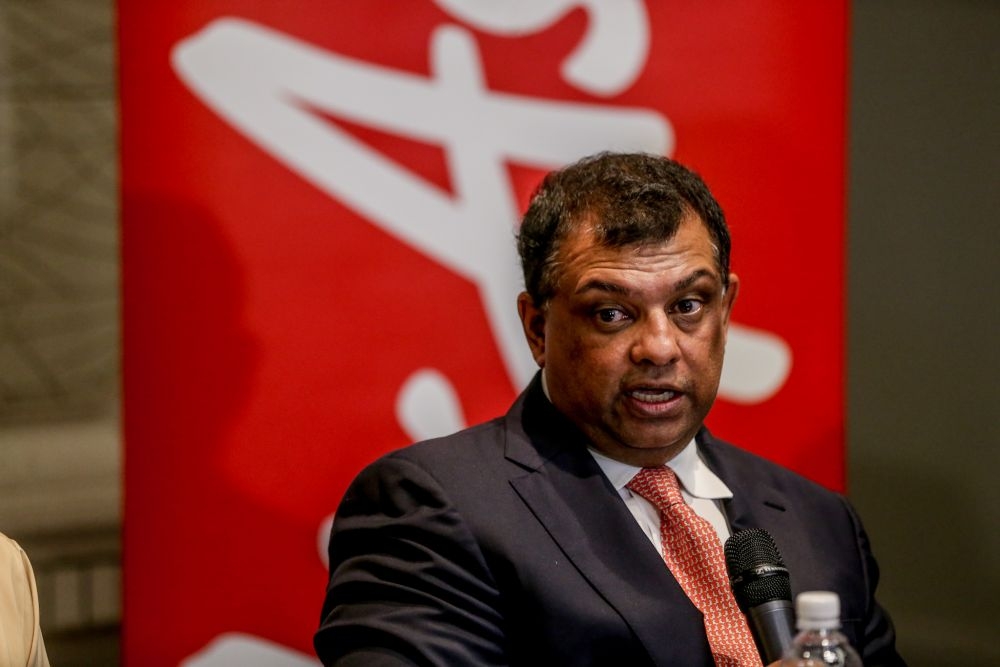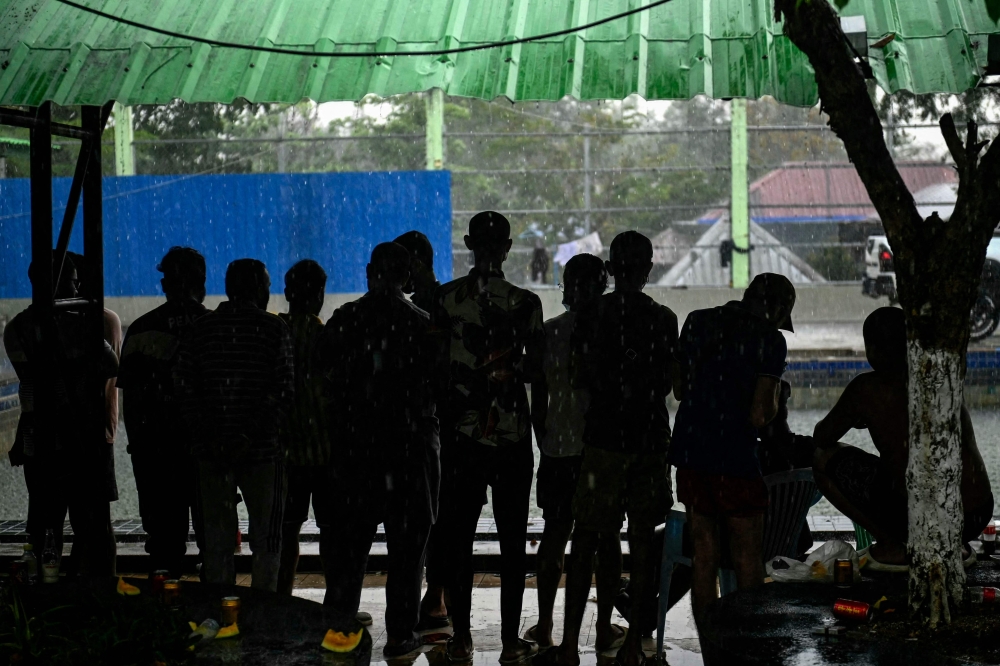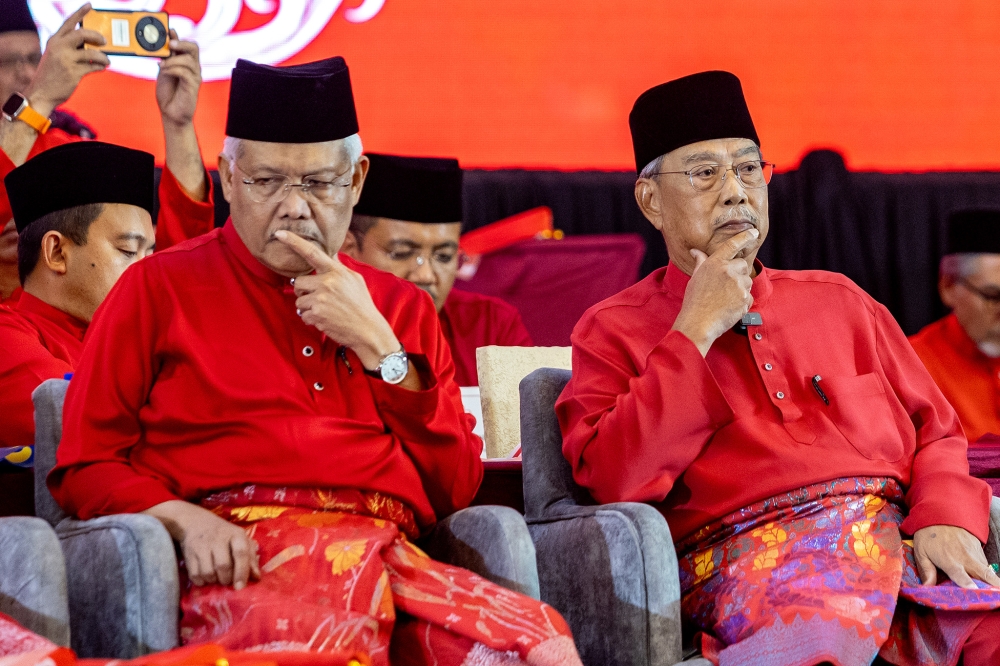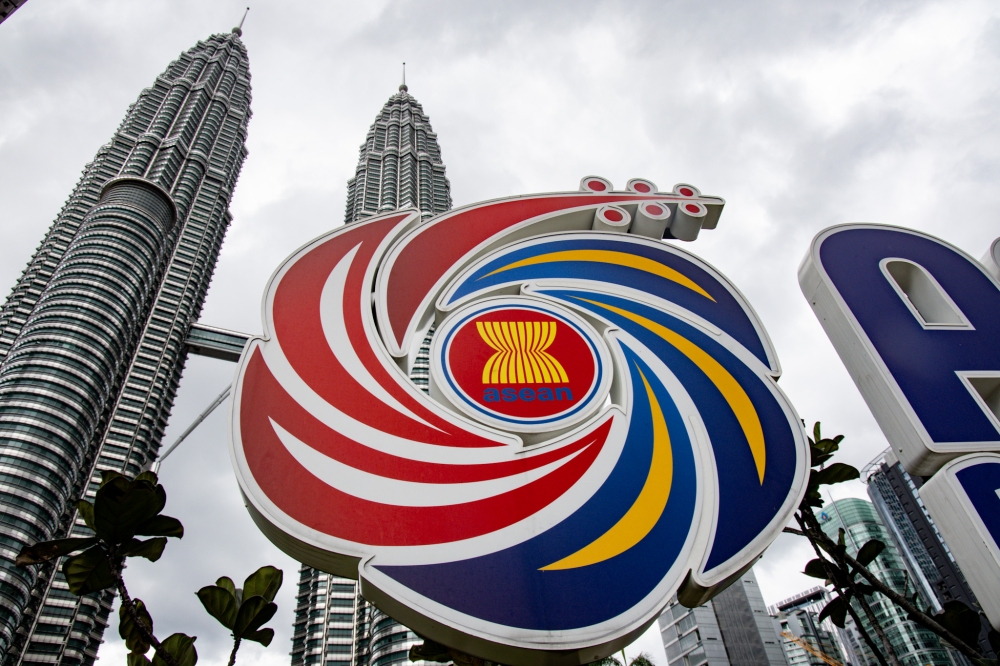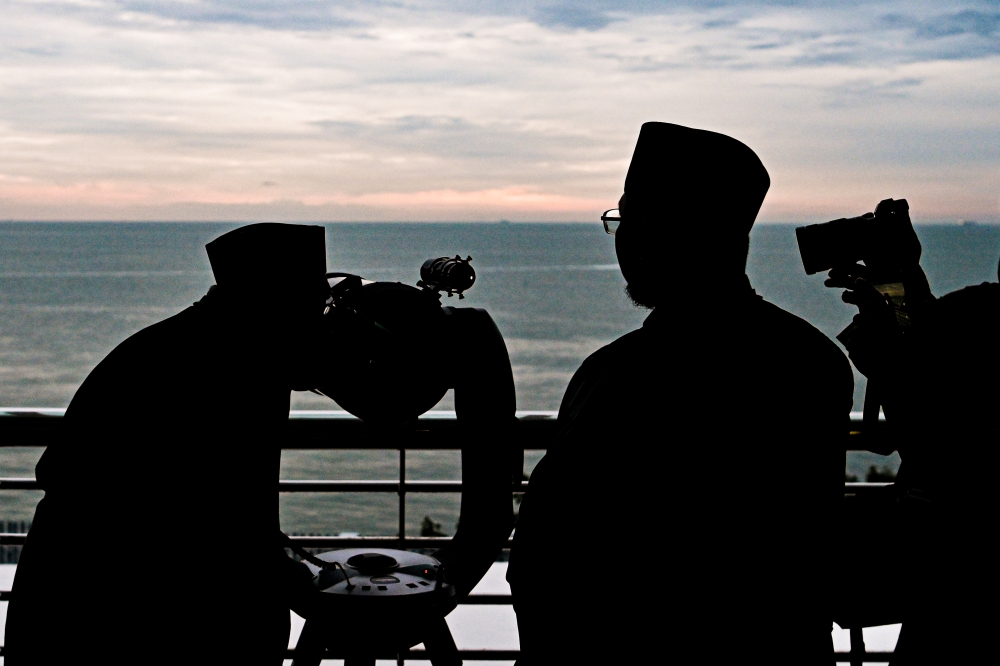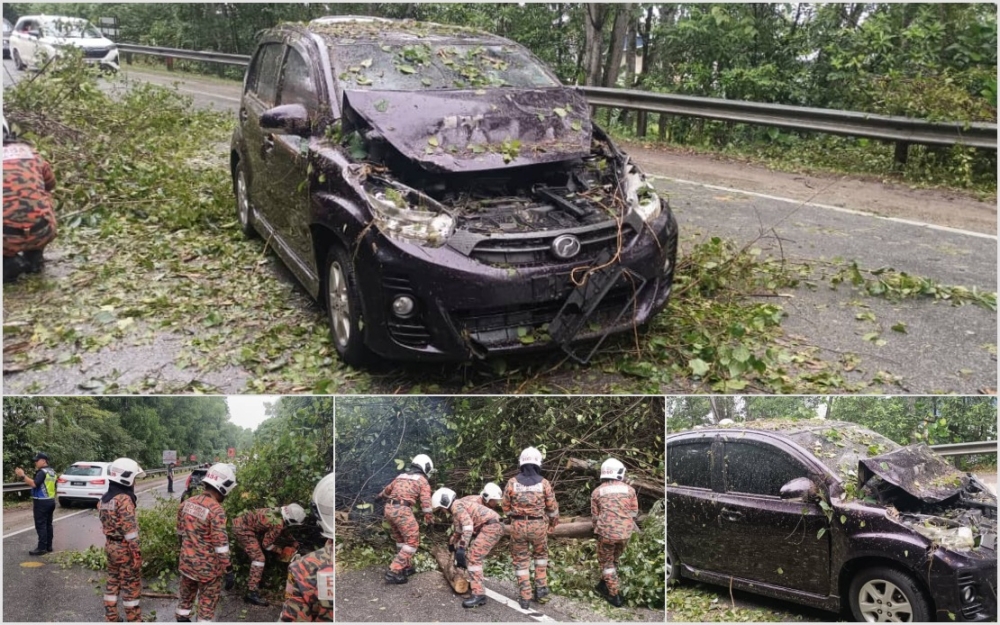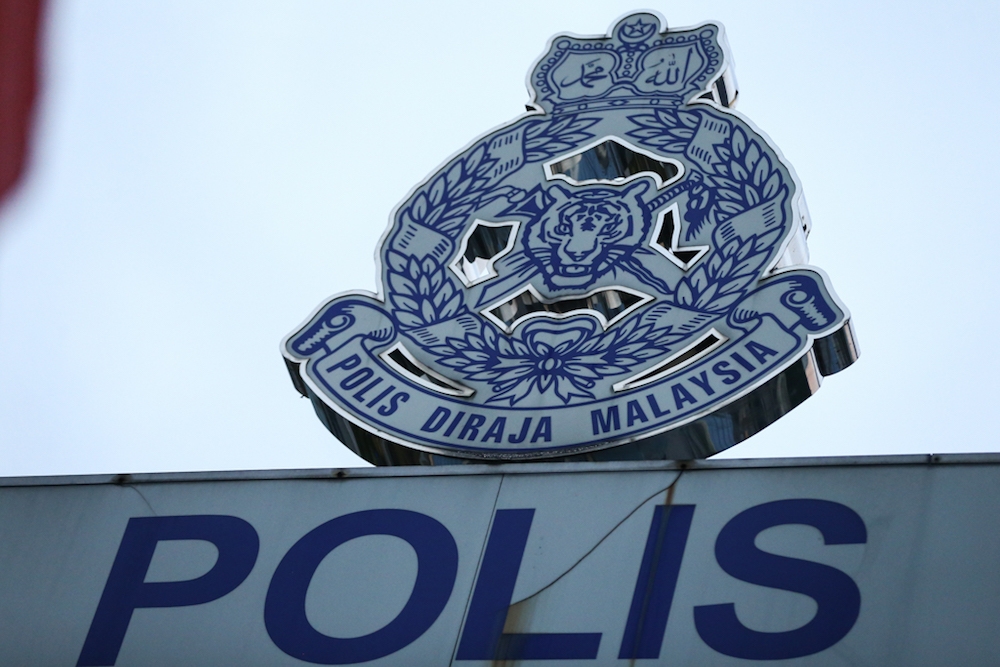 SEPTEMBER 2 — Police corruption is generally viewed as the abuse of entrusted power and authority for personal gain in the form of cash, sexual favours, valuable gifts (jewellery, watches, golf sets, vehicles, club membership, etc.), overseas holidays, under-valued properties, business partnership (both legitimate and illegal), drugs, promotion and anything that fulfills the desire, lust and greed. The impact of corruption on policing is more harmful than perceived by most people and policy makers. Whenever basic functions of law and order are compromised by corrupt practices among police personnel, the consequences on society is immense and immeasurable.
SEPTEMBER 2 — Police corruption is generally viewed as the abuse of entrusted power and authority for personal gain in the form of cash, sexual favours, valuable gifts (jewellery, watches, golf sets, vehicles, club membership, etc.), overseas holidays, under-valued properties, business partnership (both legitimate and illegal), drugs, promotion and anything that fulfills the desire, lust and greed. The impact of corruption on policing is more harmful than perceived by most people and policy makers. Whenever basic functions of law and order are compromised by corrupt practices among police personnel, the consequences on society is immense and immeasurable.
Corruption among police personnel results in public mistrust and lack of confidence in the police force. Institutional and professional ethics and integrity is compromised and undermines its legitimacy. Furthermore, if the public is to respect the law, they must be confident that the police personnel themselves adhere to law and order. A corrupt police force will both directly and indirectly destruct and devalue ethical standards in society. Some law-abiding citizens will eventually be demoralised and will be attracted to committing certain types of crimes that are considered in their opinion to be victimless. If the public strongly feels and perceives the police to be highly corrupted, this in turn will make them more willing to engage in acts of crime that are deemed to be financially lucrative.
Police personnel who are willing to compromise and engage with criminal syndicates especially with those syndicates that engage in drug trafficking, illegal commercial sex trade, human trafficking, gambling, credit card fraud, and criminal breach of trust cases will eventually destroy the reputation of a nation. There are other areas of police corruption that prevails widely but less known to the public. This includes, but not limited to, shady deals with transport companies that violate traffic rules and regulations, allowing both licensed and unlicensed nightclubs to operate after hours, licensing, protecting gangs that control building renovation contractors especially in working and middle class neighbourhoods, and receiving lucrative payoffs when purchasing equipment and awarding contracts to cronies and those willing to pay hefty amount of bribery money.
To address the root causes of corruption the influence of political, economic, cultural and social environment must be weighted accordingly. These influences must be taken into consideration when developing rules and regulations, laws, polices and strategies to reduce and eventually prevent police corruption. Most of the time, police top brass addresses the symptoms instead of the root underlying factors and causes. Low education qualification, low salaries and poor working conditions have been identified as some of the major factors associated with acts of corruption among the lower ranks. They are typically involved in petty acts of corruption. However, these factors do not account for corruption among senior police officers who are better educated and earn higher salaries than the rank and file personnel. They are involved in acts of corruption where they are able to use their discretionary powers by virtue of their positions to act or not to act against criminal elements and/or syndicates. Not surprisingly, senior police officers are less frequently arrested and charged in criminal courts for corruption. The domino effect will most probably be triggered if more are arrested and charged for corruption and this can threaten the status quo.
The complex nature of policing means that the issue of ethics and integrity is central to the prevention and control of corruption. Recruitment and selection of the best qualified candidates regardless of colour, creed or religion, ongoing in-service training, promotion based on meritocracy, posting the most able to critical positions, an effective disciplinary body, an independent police commission on police misconduct and corruption are vital to the development of a policing culture that is intolerant of corruption.
Policy makers and top police leadership can be very influential in addressing corruption. They can steer the force in the right direction or they can ignore it and let it deteriorate further. By choosing the latter, they are making all in society victims of this crime. Policy makers and top police leaders must have the moral consciousness and obligation to choose the former.
* P. Sundramoorthy, Research Team on Crime & Policing, Universiti Sains Malaysia
** This is the personal opinion of the writer or publication and does not necessarily represent the views of Malay Mail.

